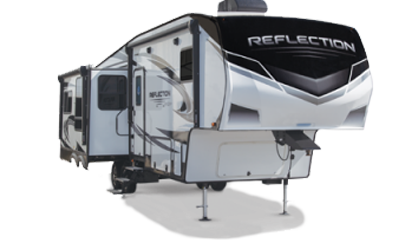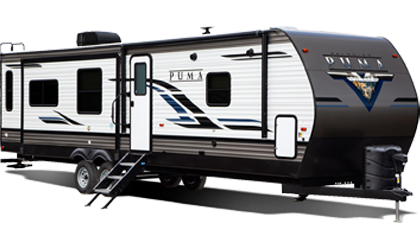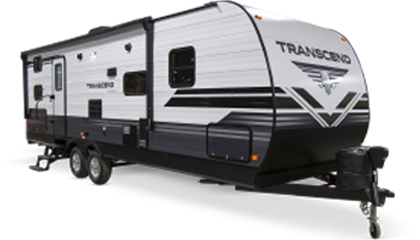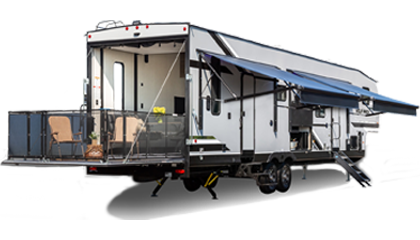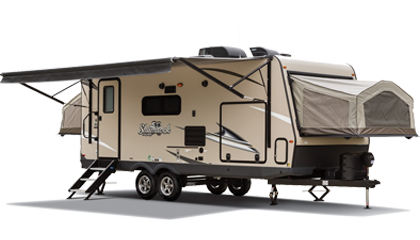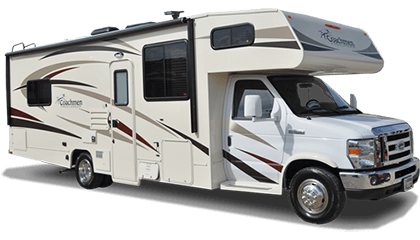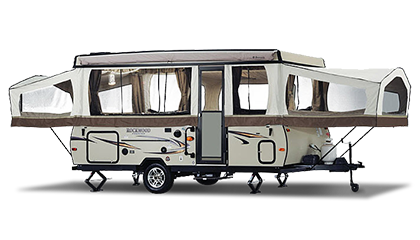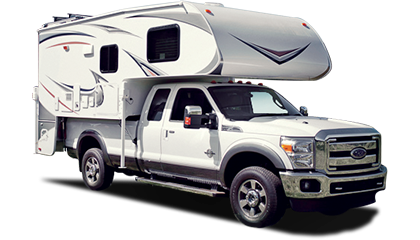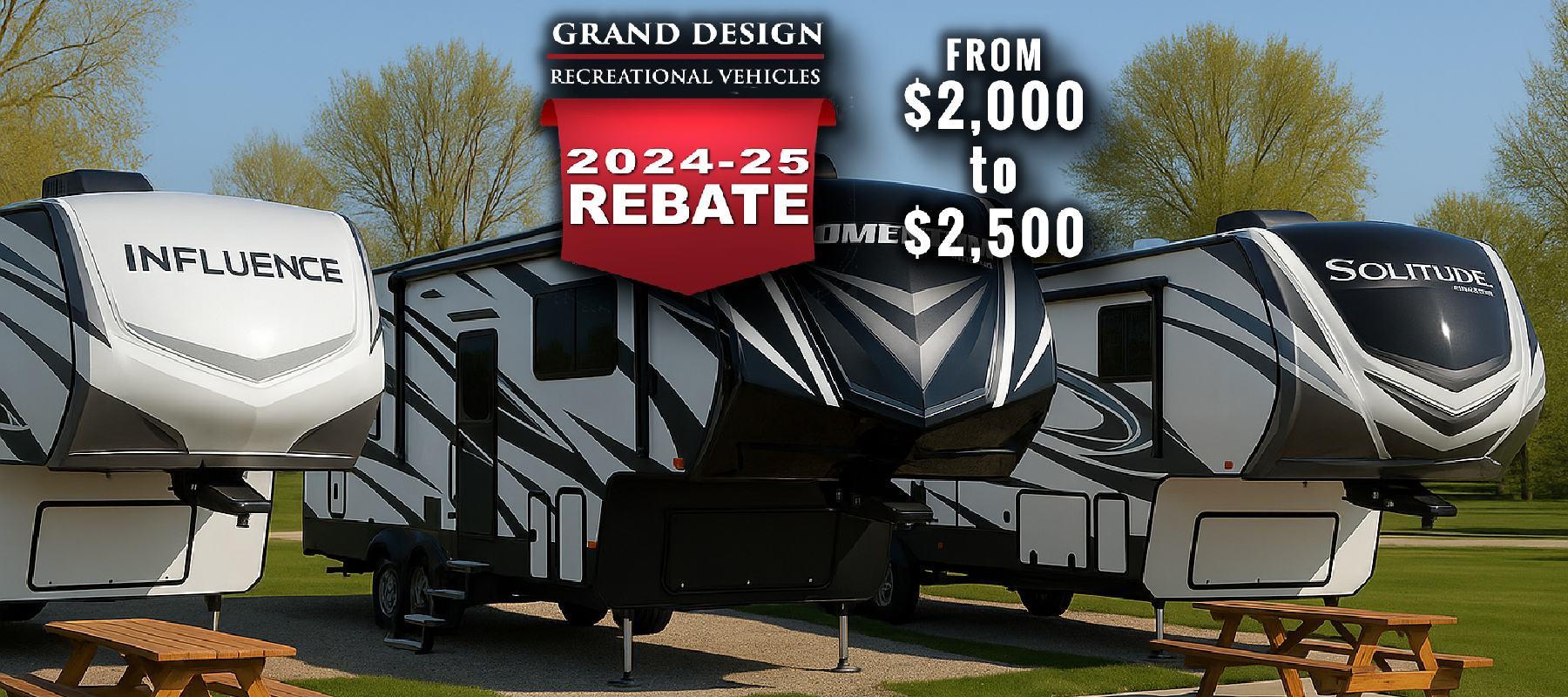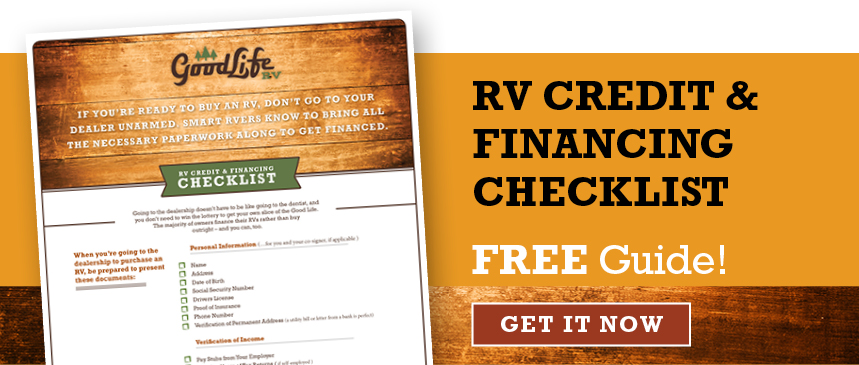RV Insurance 101
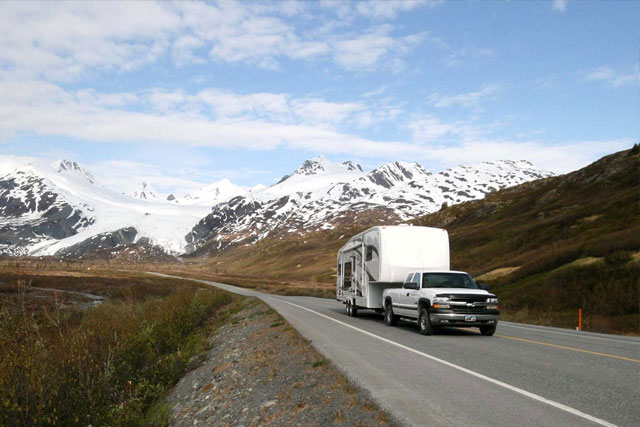
When you purchased your RV you had to make a lot of decisions. From color, to interior, to awnings there have been a lot of choices. Now it’s time to handle that one necessary task: insuring your new RV. Whether you’re a weekend camper, or living in your RV full-time, you will need the peace of mind that it will be protected in case of any mis-adventures. We hope you don’t experience any problems in your RV, but it’s best to be prepared for whatever rolls your way.
The first thing you need to understand when choosing your RV insurance is that there are two types: auto insurance and separate RV insurance. If you decide to just use an auto insurance policy, you should note that it does not cover many of the unique aspects of your RV. Even though individual states mandate required minimum coverage rates, there are many coverage features that you should consider to fully cover your RV.
WHAT POLICY SHOULD I GET?
Different insurance companies offer similar policies for RVers. Most of the pilicies have the same elements with different phrasing or names, but the basic added coverage options are broken down into the categories:
-
Emergency expense: If you’re away from home and something happens to your RV that doesn’t allow you to stay in it, this coverage pays for your lodging.
-
Personal effects: This coverage protects you from theft. If someone breaks into your RV and steals your personal valuables this coverage will protect stolen items.
-
Full-timer: If you reside in your RV full-time, this comprehensive plan is for you! It is comparable to a homeowner’s insurance plan.
-
Vacation liability: Even when your RV is parked on a campsite it’s considered a temporary residence, similar to a condo. Vacation coverage protects you from the liability of someone getting hurt on the property where your RV is parked.
-
Attached accessories: This is for all the accessories that can sometimes get overlooked. Antennas, awnings, rooftop air conditioners, and other attachments may not be covered in a basic policy, so this covers damage to accessories.
THERE ARE NO STUPID QUESTIONS!
To further understand some of the gaps in policies for your RV, make sure you thoroughly ask questions about the coverage so that you know exactly what your plan includes. Your RV has unique aspects that require attention. Asking questions like, “Are my awnings, antennas and satellite dish covered?” is a great start. If you are curious about certain aspects of RV insurance coverage, ask!
HOW MUCH DOES IT COST?
Like any other type of insurance, RV coverage policies vary greatly in cost. There are several factors that influence the cost of your policy. Factors like the make, model, and year of your RV, along with the average number of days per year you intend to use your RV go into calculating your insurance rate. Along with this, several personal factors can impact cost. Your age, gender, driving record, credit score and marital status are all considered when determining your RV insurance rates. If you use your RV for recreation travel less than 150 days a year, you could qualify for a storage discount from your insurance provider.
Make sure you compare different insurance plans to see if you qualify for any discounts based on your RV usage. You might qualify for discounts if you complete safe-driving courses, have anti-lock brakes, or an anti-theft alarm system. Like most other types of insurance, you have the option to buy RV insurance through an insurance agency, or directly from an insurance company. You can get an instant, more accurate quote from most insurance providers online.
Now that you know the RV insurance basics, you will be ready for whatever comes your way!

